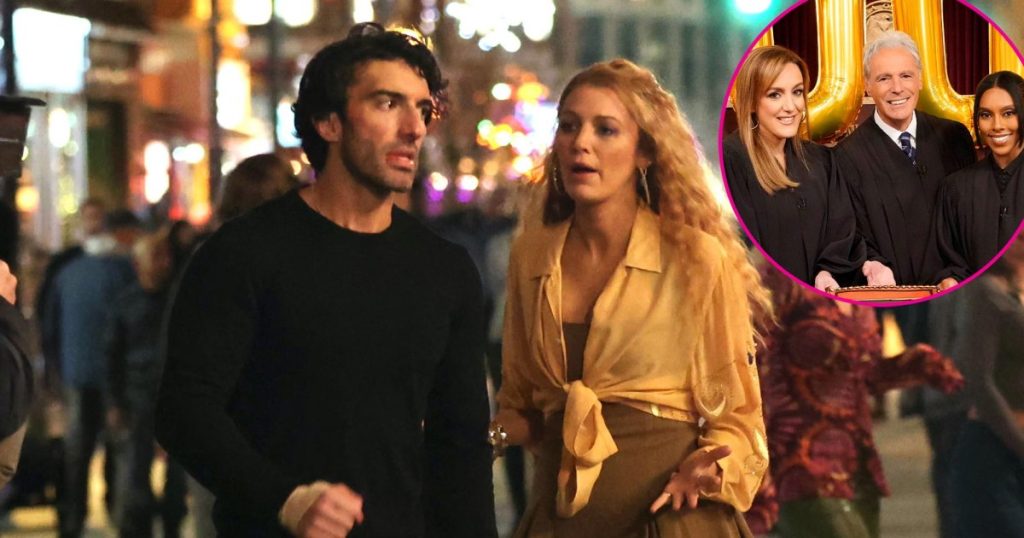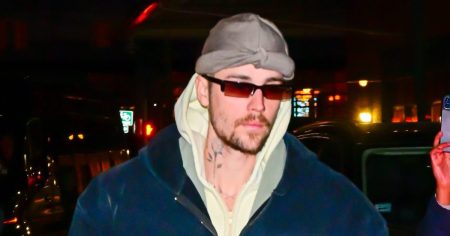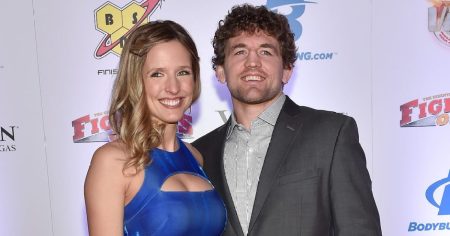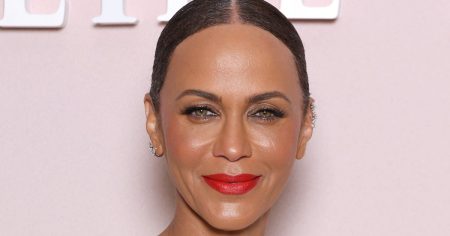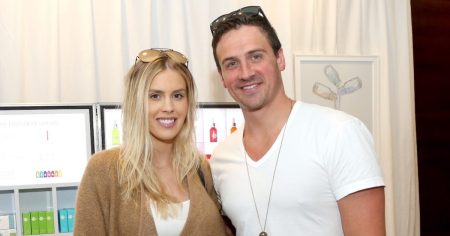The ongoing legal dispute between actor Justin Baldoni and actress Blake Lively has captivated public attention, with accusations of sexual harassment, social manipulation, and libel flying between the two parties. The Hot Bench judges, Rachel Juarez, Michael Corriero, and Yodit Tewolde, while not involved in the case, have offered their perspectives on the unfolding drama, emphasizing the complexity and evolving nature of the situation. Judge Juarez stresses the premature nature of drawing conclusions, highlighting the constant influx of new information that could sway opinions in either direction. The sheer volume of claims and counterclaims makes it challenging to form a definitive judgment, as each piece of evidence presented could potentially shift the balance.
The initial spark of this legal conflagration came with Lively’s lawsuit against Baldoni, alleging sexual harassment and a calculated campaign to tarnish her reputation. Baldoni vehemently denied these accusations through his attorney, Bryan Freedman, and subsequently filed his own suits. He targeted The New York Times for libel and invasion of privacy, disputing the accuracy of their reporting on the allegations. Simultaneously, he sued Lively for a staggering $400 million in damages, accusing her of attempting to portray him as a villain. The New York Times stands by its reporting, asserting that the story was meticulously researched and responsibly published. Lively, in turn, has denied all of Baldoni’s claims.
The Hot Bench judges have dissected the significant aspects of this case, including the eye-popping $400 million figure in Baldoni’s suit. Judge Juarez suggests this number likely serves a strategic purpose, primarily for “sticker shock” value and to convey the severity of the alleged damages, rather than representing a precise calculation of actual losses. She credits Freedman, Baldoni’s attorney, as a skilled legal strategist who likely employed this tactic to send a strong message about the perceived harm caused by Lively’s actions. While acknowledging the substantial sum, Judge Juarez believes it’s unlikely Baldoni would recover that full amount even if he were to prevail in court.
Judge Tewolde adopts a more cautious stance, expressing the need for more concrete evidence before forming a definitive opinion. She points to the release of unedited footage from a scene in the film “It Ends With Us,” directed by Baldoni, which his team believes supports his version of events. However, after viewing the movie and comparing the footage with Lively’s complaint, Judge Tewolde remains unconvinced, though she acknowledges the need to observe the further progression of the case. This highlights the crucial role that specific pieces of evidence, like this unedited footage, will likely play in shaping the narrative and influencing the final outcome.
The judges unanimously agree on the captivating nature of the legal battle. Judge Corriero predicts that access to unedited versions of the scenes in question will be pivotal in helping the judge and jury reach a fair verdict. He believes that these raw, unmanipulated recordings will offer the most objective representation of the events and will serve as critical evidence in determining the truth. Judge Juarez echoes this sentiment, emphasizing the dynamic nature of the case and the potential for continuous shifts in perspective as new information emerges. The legal proceedings promise to be a fascinating spectacle, with the potential to significantly impact the careers and reputations of both parties involved.
Beyond the specifics of the Baldoni-Lively case, the Hot Bench judges reflect on their own experiences adjudicating disputes on their long-running television show. Having reached a milestone of 2,000 episodes, they emphasize their commitment to delivering fair and well-reasoned judgments in every case they encounter. While their litigants may not possess the star power of Hollywood actors, the judges approach each dispute with the same dedication to understanding the facts and applying the law. They see their show as a platform not only for resolving disputes but also for educating viewers about the legal process and demonstrating the importance of careful deliberation and reasoned decision-making.




